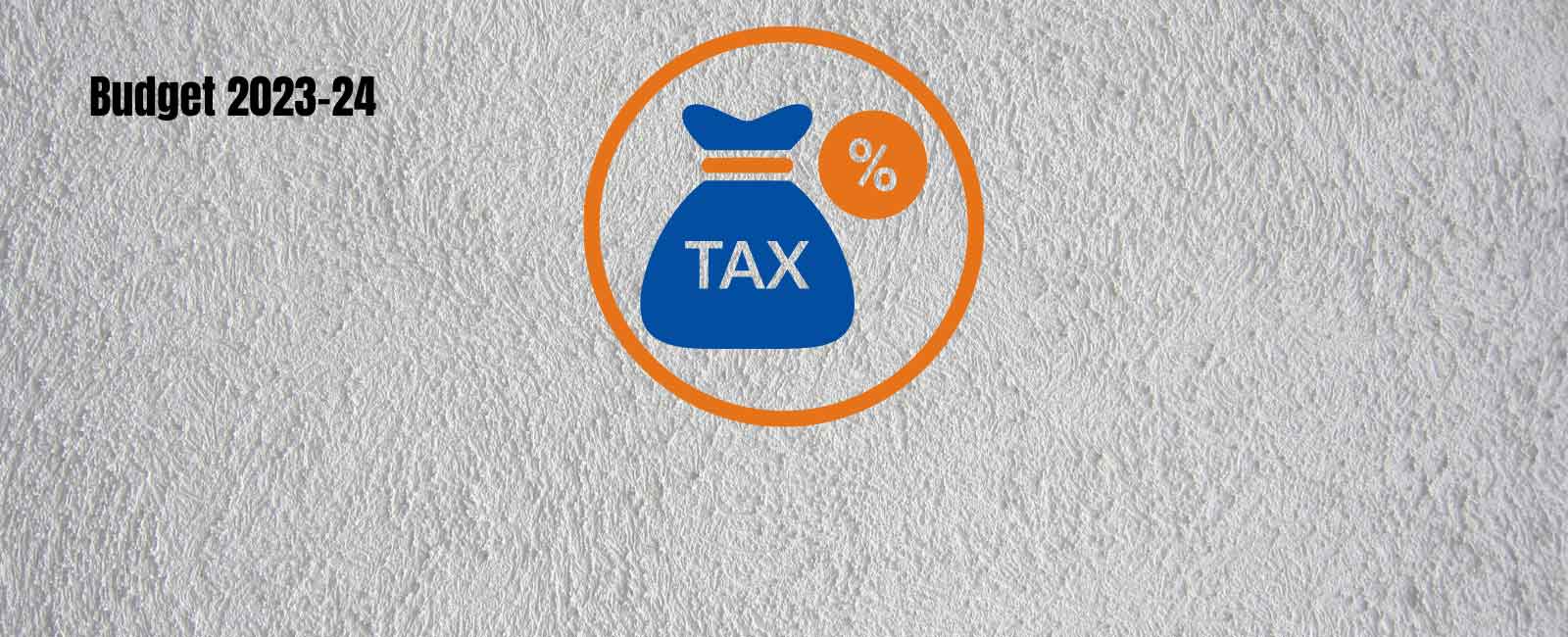Budget 2023-24: A fiscal roadmap to economic freedom
Finance Bill 2023, which is being presented in very trying times for Pakistan’s economy, needs to promote an environment which facilitates investments in manufacturing and services sector

Fiscal policy and tax administration are both crucial for creating an enabling environment for businesses in the formal sector to have a level playing field vis-à-vis the informal sector.
Pakistan’s taxation regime needs fundamental reforms to lead to the sustainable growth of both the country and its tax revenues.
These reforms are contingent on political will to pursue those outside the tax base and the Federal Board of Revenue's (FBR) capability and capacity to implement policies. Both have been weak and will take time to bear results.
In the meantime, knee-jerk revenue-seeking actions undermine the profitability of businesses in the formal sector and hence long-term tax revenues for the government.
Taxes should be simple, predictable and supportive of business growth and the formalisation of the economy. The aim should be for higher tax revenues to flow from a combination of improved profitability of existing taxpayers and from broadening of the tax base.
The industry which represents 20% of GDP presently contributes a disproportionate 56% of taxes. It should be facilitated to create more jobs, boost value-added exports and promote sensible import substitution. The impact of taxes on manufacturing vs commercial importers should be reviewed, as should the impact on corporates vis-à-vis other forms of business structure, such as Association of Persons.
The earlier tax credit to encourage taxpayers to transact with the formal sector should be revived and the vast amount of information on non-taxpayers provided by withholding agents should be mined. Though in principle a “non-filers” category is flawed as are penal withholding taxes that raise revenue but fail to lead to the broadening of the tax base, but given the issues with FBR’s capacity, there is little choice but to levy higher advance taxes on utility bills, real estate transactions and luxury expenditures of “non-filers”.
On the other hand, corporate entities, especially those listed, which operate to a higher standard of governance and accountability as well as their shareholders must not be penalised in comparison to unincorporated entities and their owners. Otherwise, the incentive to incorporate will be undermined. Pakistan Business Council (PBC) estimates a potential tax revenue of Rs747 billion from wholesale, retail and real estate sectors.
Fiscal policy should support capital accumulation and scale through consolidation in the form of groups. Dividends from subsidiaries to the holding company and from the holding company to its shareholders should not be taxed twice. This is the global norm and was applicable in Pakistan from 2008 until withdrawn in 2021.There should be a level-playing field in the holding periods for capital gains tax on sale of company shares vs. real estate.
FBR’s reliance on minimum, advance and withholding taxes has grown sharply as this is an easier option than assessing taxable profits
FBR tax targets must not be set without creating capacity and capability through technology and fresh talent. Otherwise, the FBR has no choice but to pursue existing taxpayers for more. Separate targets should be set for revenue from existing and new taxpayers.
Targets for existing taxpayers should be in line with expected growth in the nominal GDP. The target for new taxpayers should be set in line with the evolving capability and capacity of the FBR.
Tax refunds due should be excluded when assessing performance of the FBR against either of these targets. On the other hand, taxpayers should be allowed to offset assessed refunds against liability for any other type of tax e.g., GST, Excise Duty etc.
Minimum tax based on turnover is fundamentally flawed and acts as a barrier to the entry of new players by raising the initial investment required to cover the tax payable in early loss years. FBR’s reliance on minimum, advance and withholding taxes has grown sharply as this is an easier option than assessing taxable profits. This reliance should be phased out gradually. Levying a minimum turnover tax on SEZ enterprises and others in their tax holiday periods defeats the purpose of the tax holiday.
The use of cash in the economy needs to be actively discouraged. Restrictions on the use of cash above a certain limit would also assist. Also, the requirement to furnish CNIC for transactions above a certain limit should be revived. At the minimum, it should apply to B2B transactions.
The transit treaty with Afghanistan has been misused through the diversion of goods to Pakistan. The Afghan Transit Trade Agreement has expired. With the evolving situation in Afghanistan, Pakistan needs to renegotiate the treaty with clauses putting in quantitative and qualitative restrictions on what can transit, insist on letters of credit where possible, and charge duty and GST on imports which would only be refunded to the Afghan government on exit. It should also track and monitor containers moving across the border, strengthen inspection of empty containers returning to Pakistan and make physical controls along the border stronger. The civil and military authorities need to be on the same page to do this.
Electronic Data Interchange with key trading partners should be deployed to check the under-invoicing of imports. Pakistan Business Council estimates that Pakistan annually loses up to Rs500 billion from under-invoicing of imports from just four countries — China, Singapore, UK and Germany. The provinces have little incentive to check smuggling as customs duty and GST evaded are federal taxes and do not hurt their revenues directly. Provinces may be incentivised to facilitate raids on shops that deal in smuggled goods. Positive lessons from the success of cell phone registration with PTA and Urdu language labelling requirements for imported food items can be applied to other smuggling-prone goods.
One of the major reasons why those in the informal sector resist joining the tax base is the threat of harassment by the FBR and the complexity of returns. Returns should be made simpler and easier to file using digital means. Also, the fragmentation between federal and provincial taxation and returns should be resolved to make it easier to comply.
There is untapped tax revenue potential for provinces of Rs372 billion from agriculture tax and Rs380 billion from property taxes. Currently, all provinces are put together to raise just Rs3 billion from agriculture tax and Rs20 billion from property tax. Higher provincial tax revenues should help the case for renegotiating the National Finance Commission Award which is unsustainable for the federal government in its current form.
The Finance Bill 2023 which is being presented in very trying times for Pakistan’s economy needs to promote an environment which facilitates investments in the manufacturing and services sector.
The budget should lead to the creation of jobs. It should increase the retention of workers in the formal sector and support greater value-addition to exports.
Growth in business profit will benefit the government in the form of greater tax revenues, increased documentation of the economy and a broader tax base. As we have learnt from the COVID-19 crisis, manufacturing jobs as opposed to those in the services sector, are primarily in the formal sector which provides a certain degree of job security.
The writer is the CEO of Pakistan Business Council.




